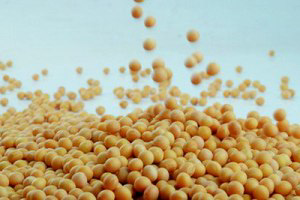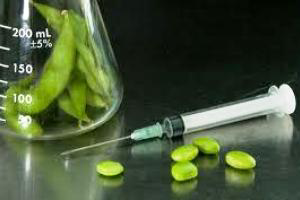Russia: Temporary ban lifted on GMO corn

Russian veterinary services decided to lift the ban on NK603 strain of GMO maize. The strain is approved for use both in feed for animals, and for the production of food for human.
The ban was put into place in September last year after a study linked Monsanto’s weed killer Roundup and the NK603 strain of maize genetically modified to be resistant to the herbicide, to cancer in lab rats. This week the Federal Service for Supervision of Consumer Rights Protection and Human Welfare (Rospotrebnadzor) reported the Russian Academy of Medical Sciences had performed safety assessment of GM maize NK603 tolerant to glyphosate, and the analysis of results of post-monitoring for the entire period of use of the product in the human diet.
The report said: “Chemical composition of corn genetically modified maize NK603 is equivalent to its conventional counterpart; CP4 EPSPS protein is neither toxic to humans nor is an allergen; medical and biological research of genetically modified maize NK603 conducted during its official registration in the Russian Federation reveals absence of any toxic, genotoxic, sensitisation, allergic and immune-modulating action, and compositional equivalence with its conventional counterpart.”
“Besides according to the official opinion of the European Food Safety Agency (EFSA), as well as a number of independent experts, the results of studies published in the Food and Safety Toxicology Magazine on September 19, 2012 can not be considered as reliable” – added in the report of Rospotrebnadzor.
At the moment, GM maize NK603 is registered and approved for use in the diet of the population of 17 countries including European Union, USA, China, Brazil, Japan, Argentina and Canada.











